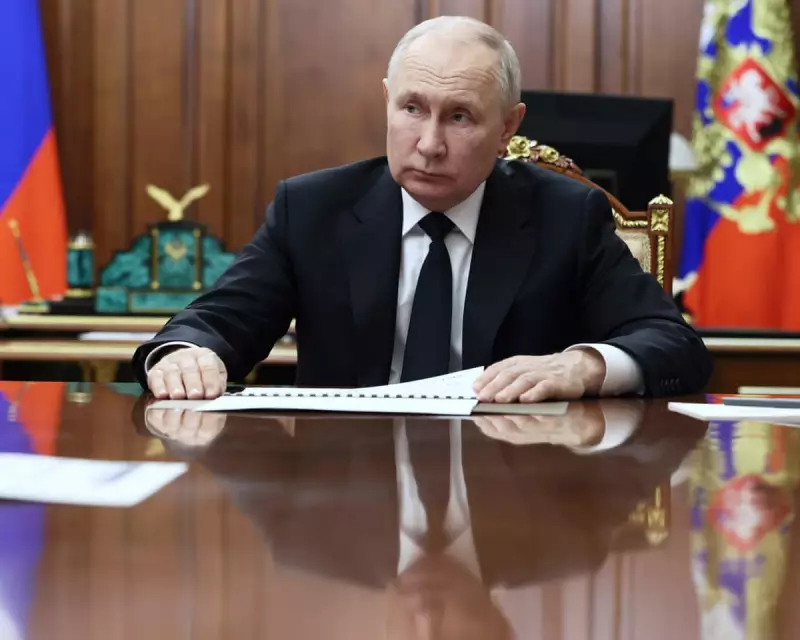
In a significant diplomatic setback for the Kremlin, a high-profile Russia-Arab summit scheduled for early 2026 has been unexpectedly cancelled, exposing Moscow's waning influence across the Middle East.
Diplomatic Snub Reveals Shifting Alliances
The planned gathering, which was meant to showcase Russia's strategic partnerships with key Arab nations, has been called off amid what analysts describe as growing frustration with Moscow's position on multiple regional conflicts. The cancellation represents one of the most visible signs yet that Russia's diplomatic capital in the region is diminishing.
Middle East Powers Reassess Moscow Ties
Multiple Arab states, including Saudi Arabia and the United Arab Emirates, have reportedly grown increasingly wary of their relationship with Russia. Sources indicate that several key nations expressed reluctance to participate in the summit, forcing organisers to abandon the event entirely.
The timing is particularly damaging for President Putin, coming at a moment when Russia seeks to present itself as a global power capable of maintaining influence across multiple theatres. The Middle East has long been a crucial arena for Moscow's foreign policy ambitions.
Ukraine War Impacts Regional Standing
Experts suggest that Russia's ongoing war in Ukraine has significantly altered how Arab states view their relationship with Moscow. While several Middle Eastern nations initially maintained neutral positions, the prolonged conflict and its economic repercussions have prompted a strategic reassessment.
"The cancellation speaks volumes about the current state of Russia-Arab relations," noted one regional analyst. "Many Arab leaders are now questioning the value of aligning too closely with Moscow, particularly as Western sanctions continue to bite and alternative partnerships emerge."
Economic and Strategic Calculations
The decision reflects broader economic considerations. Arab nations are increasingly prioritising relationships that offer technological transfer, investment opportunities, and security cooperation—areas where Russia's capacity has been constrained by international isolation and economic pressures.
Furthermore, with major powers like China expanding their Middle East footprint and Western nations reaffirming their regional commitments, Arab states appear to be diversifying their international partnerships rather than deepening exclusive ties with Moscow.
What This Means for Regional Dynamics
- Russia's ability to mediate regional disputes is likely diminished
- Arab states are recalibrating their foreign policy approaches
- The geopolitical vacuum may be filled by other global powers
- Future cooperation on energy and security matters faces uncertainty
The cancelled summit serves as a stark indicator that the Middle East's geopolitical landscape is shifting, and Russia's position within it appears increasingly precarious. As global alliances continue to evolve, Moscow faces the challenge of rebuilding bridges in a region where its influence once seemed assured.





